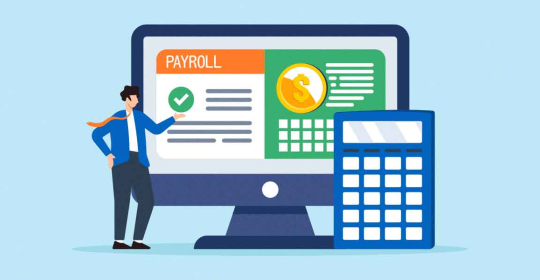Careers expert John Lees has been training recruiters for 15 years, and now tells career changers their secrets.
You canít prepare for every question that will come up at interview, but you can anticipate most of them. Here are some of the deadliest questions, and ways of handling them:
ìTell us about yourselfî. Prepare for the worst ñ a classic opener that can really throw you. Plan ahead by having presentation statement to cover this.
ìWhere do you see yourself in 5 yearsí time?î - if your answer doesnít ring true for you, it wonít for anyone else. Talk about career plans, and what you want to learn and achieve in the future.
ìWhy do you want this job?î Have a clear answer to this (even if, privately, youíre not sure ñ you only have to decide when the job offer is in your hand).
ìWhat kind of person are you?î Handle questions about personality carefully. Rather than say ìIím an ideas personî, talk about a time when you changed things with a good idea.
ìWhy did you leaveÖÖ.?î Employers will probe for reasons for job change. If you are currently out of work, they will probe this, too. Rehearse short, simple, positive ìstoriesî to cover these points. This is not telling lies, just a simple, positive summary.
ìHow will you cope in a crisis?î Have a couple of good examples of past triumphs up your sleeve.
ìHow will you...î questions are beginning to create a future which includes you ñ so welcome them. Describe what you would do within the organisation as if you are there already. Create the right picture, and the employer wonít be able to imagine a future without youÖ
ìWhat would you do if Ö.?î Some interviewers ask fantasy questions not related to reality, but watch out for questions that are like verbal in-tray exercises. You might be asked to ìsell me this pencil sharpener/ paper clip/ biroî ñ prepare to think on your feet.
ìWhat do you need to earn?î. Wrong question. Focus on the value you can add to the employer, not your basic needs. Find out what the company is willing to pay, or work out what similar employers pay for good people. Always throw pay questions back to the other side of the net.
ìWhat are your weaknesses?î Remember that the recruiter gives far more weight to negative information. Talk about weaknesses that are also strengths, e.g. being demanding of your team, being a perfectionist, pushing hard to get things doneÖ
John Lees is the author of three of the UKís top careers books including How To Get A Job Youíll Love (McGraw-Hill, 2003; 12.99)
Tough interview questions ñ and how to handle them

jobseeker advice from John Lees





